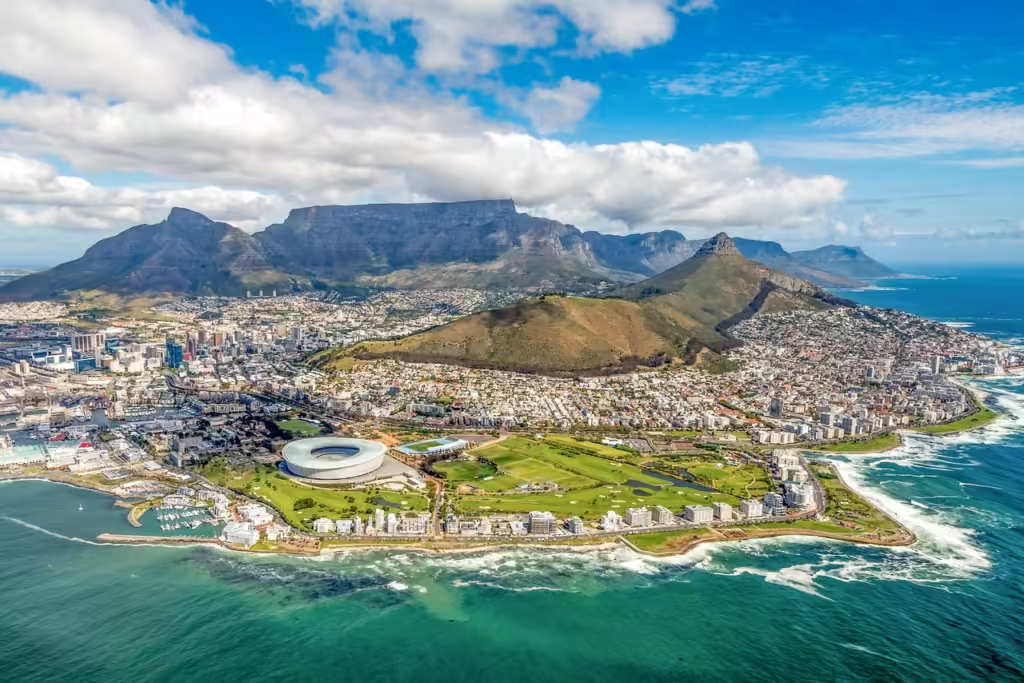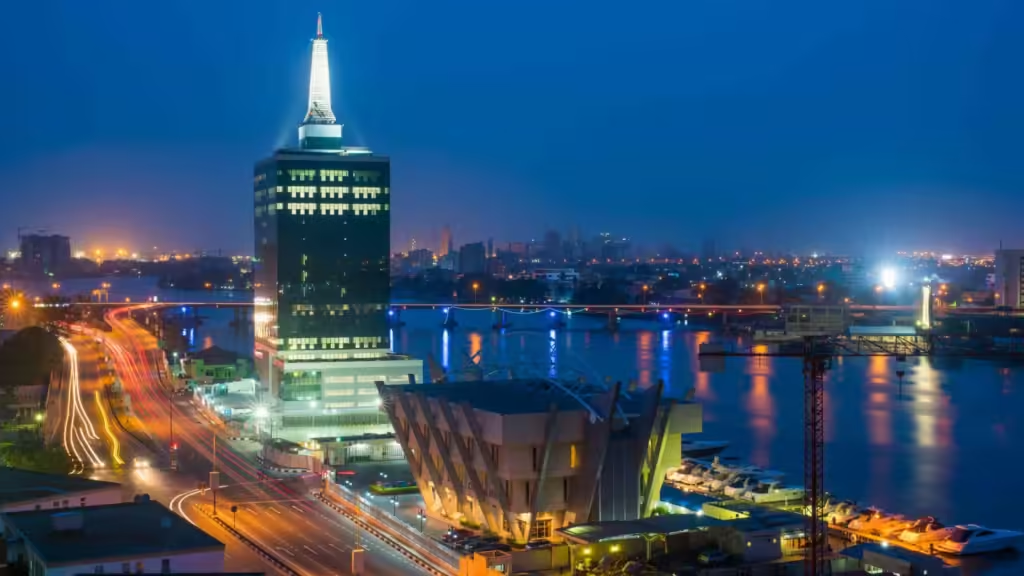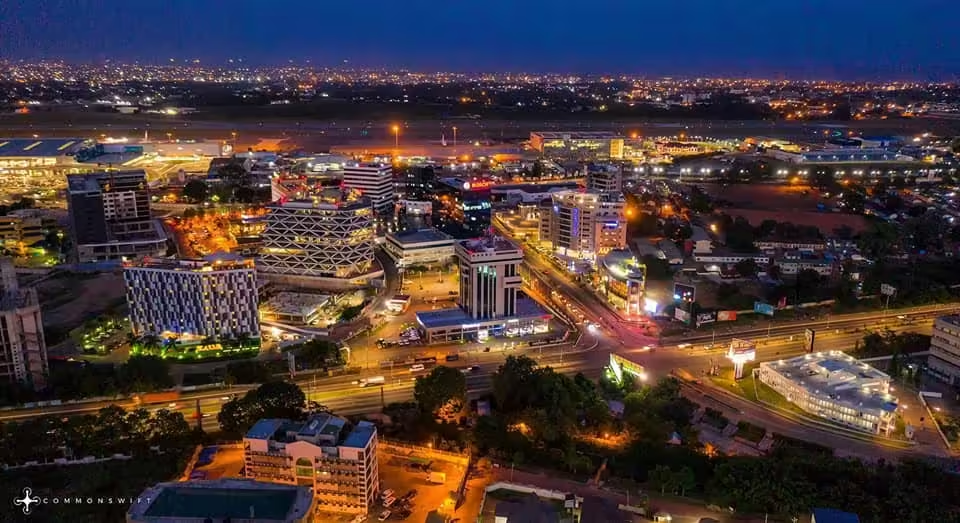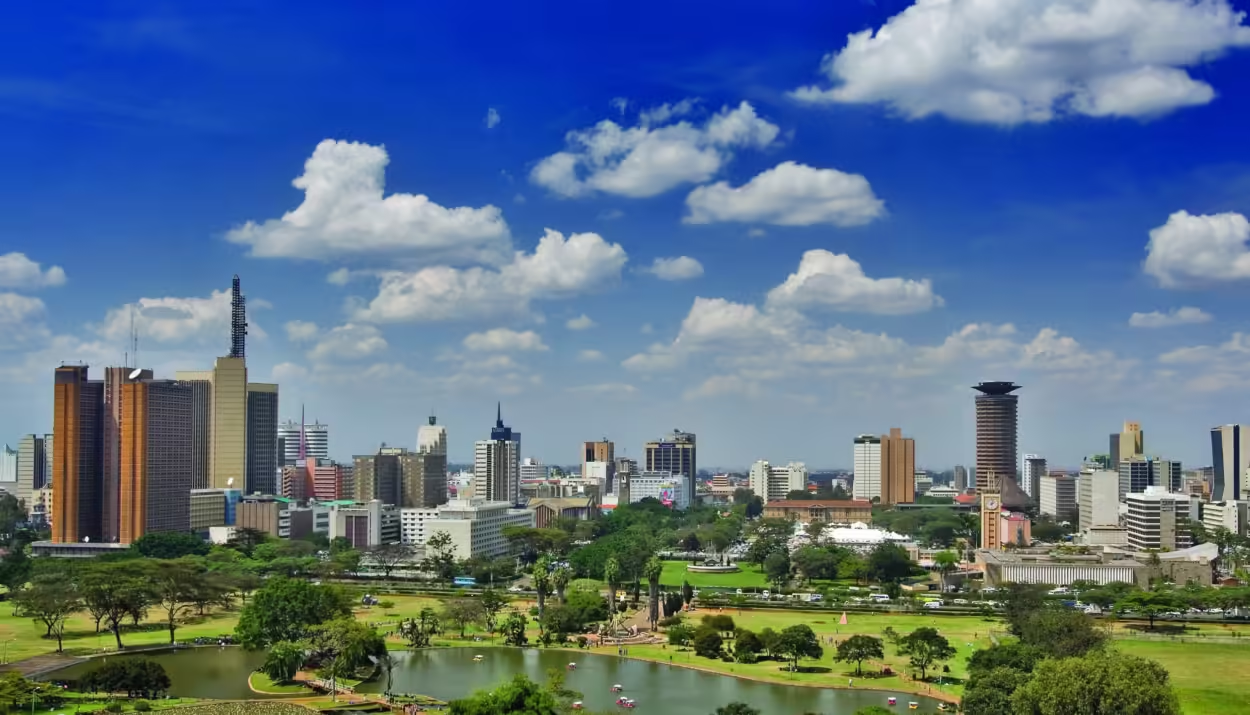As economies worldwide rebound from the COVID-19 pandemic, the luxury real estate market in Africa stands poised for a good recovery. In 2024, African cities like Lagos, Nairobi, Cape Town, and Accra are expected to see surging demand as Ultra-High-Net-Worth Individuals (UHNWIs) and High-Net-Worth Individuals (HNWIs) seek high-end property investments to diversify their portfolios. The latest Wealth Report 2024 by Knight Frank projects a 28.1% increase in the number of wealthy individuals globally, with African luxury markets set to benefit as a growing number of affluent buyers target the continent’s prime properties.
According to The Wealth Report 2024, 22% of UHNWIs globally and 32% in Africa plan to buy a home this year, with each UHNWI and HNWI owning an average of 3.72 homes globally and 4.49 homes in Africa. The report suggests that African cities will become attractive targets for UHNWIs and HNWIs, who allocate 29% of their wealth to primary and secondary residences and often have 27% of their residential portfolios outside their home countries.
Knight Frank’s Global Prime Residential Forecast highlights key factors influencing luxury real estate performance in 2024: relaxed tax and property regulations, the diversification and risk-spreading appeal of property, capital flight to safe havens, volatility in other asset classes, and the start of a new property cycle. However, the report also notes that upcoming elections, climate risk, luxury housing undersupply, increased taxes, and inflation remain top risks for prime residential markets this year.
Contents
Nairobi: A tech and expatriate hub
Kenya’s capital Nairobi, increasingly a hub for global tech giants like Google, Microsoft, and Amazon, has seen luxury property demand skyrocket. Nairobi’s luxury property market is ranked 52nd in Knight Frank’s Prime International Residential Index (PIRI) 2024, partly due to the city’s tech-driven growth and influx of expatriates. In February 2024, the United Nations Population Fund announced that 25% of its workforce would relocate from New York to Nairobi, boosting demand from expatriates, a major segment of Kenya’s luxury real estate market.
Hass Consult’s House Price Index for Q2 2024 revealed a 1% rise in Nairobi’s property sales prices, led by a 2.1% growth in satellite towns, while the city’s suburbs saw a modest 0.9% decline. Rental yields in Nairobi’s suburbs are higher, reaching 7%, compared to 4.8% in satellite towns. High-end housing transactions jumped from 17% of all activity in Q4 2023 to 30.6% in Q1 2024, according to the Kenya Bankers Association’s Housing Price Index (HPI).
The average price for homes in the high-market segment reached KES20.82 million, outpacing the mid-market (KES16.03 million) and low-market (KES14.97 million) segments. However, high interest rates pose challenges for buyers and developers as banks adjust mortgage rates following the Central Bank of Kenya’s policies. Neighborhoods like Westlands, Lavington, Karen, Kilimani, and Kileleshwa are particularly popular among luxury homebuyers, according to Estate Intel, a real estate firm that monitors the Kenyan and Nigerian property markets.
Cape Town: Prime property market

South Africa’s Cape Town ranked fourth in Knight Frank’s PIRI 2024 for annual luxury residential price changes, with the southern suburbs of Bishopscourt and Upper Constantia standing out as highly desirable for buyers. The Atlantic Seaboard is a magnet for high-end buyers, with notable transactions such as a R44 million penthouse in Bantry Bay sold by DG Properties. Suburbs like Orangezicht and Higgovale, which lie close to Cape Town’s Central Business District, are also popular as reflected by significant sales figures.
Luxury real estate clients in Cape Town are increasingly drawn to features that address South Africa’s energy shortages. Gas-powered appliances, generators, solar heating, water purification systems, and smart home technologies are high on buyers’ wish lists. “Luxury homebuyers in Cape Town are increasingly prioritizing solutions to manage load shedding, eco-friendly features, and integrated living environments,” notes DG Properties’ Managing Director Alexa Horne.
Lagos: West Africa’s economic hub

Lagos, Africa’s largest city and the primary economic hub for West Africa, is a focal point for affluent Nigerians and foreign investors alike. Exclusive neighborhoods such as Old Ikoyi, Victoria Island, and Banana Island continue to attract the UHNWIs and HNWIs of Nigeria. According to CW Real Estate, a leading real estate and brokerage firm in Lagos, over 600 premium apartments—each valued at USD1 million—are currently under construction across these prime locations.
During Q1 2024, occupancy rates for luxury properties in Old Ikoyi and Victoria Island remained strong. Nigerian HNWIs dominate the market for properties ranging between USD1 million and USD6 million, a trend supported by the Africa Wealth Report, which estimates that over 8,200 Nigerians have private wealth exceeding USD1 million. These affluent individuals, together with a rising number of expatriates and foreign buyers, are driving Lagos’s luxury property boom.
Accra: Rising demand for luxury homes

Accra’s demand for high-end real estate is fueled by a rapidly expanding middle class and steady economic growth, which has averaged 7% annually since 2017. Ghana’s middle class is projected to double to approximately 15 million people, making Accra an increasingly attractive destination for luxury real estate development. The city’s prime neighborhoods, including Airport Residential Area, Cantonments, and East Legon, appeal to UHNWIs and HNWIs for their security, resort-style amenities, sustainability, and distinctive architecture.
Accra’s luxury property market is distinguished by an influx of local and foreign buyers, many of whom view real estate as a long-term investment in a stable economy. With an emphasis on security, premium amenities, and purposeful architecture, Accra continues to capture attention from developers and investors seeking to capitalize on Ghana’s economic momentum.
Challenges and opportunities ahead
Despite strong growth, the luxury real estate sector in Africa faces significant challenges, notably high interest rates that affect affordability. In Kenya, for example, developers and buyers are contending with rising mortgage rates as banks respond to policy changes from the Central Bank of Kenya. Africa’s luxury markets are also vulnerable to broader risks, including political instability, climate risk, and luxury housing undersupply.
Still, as the number of UHNWIs and HNWIs in Africa rises, the continent’s luxury real estate market has a promising outlook. The preference among wealthy buyers for tangible assets with lifestyle and investment appeal places African cities among the most attractive emerging markets. With favorable regulatory changes, increased investor confidence, and strategic urban development, luxury real estate in cities like Lagos, Nairobi, Cape Town, and Accra is set for an exciting and prosperous year ahead.






